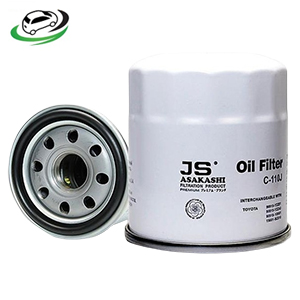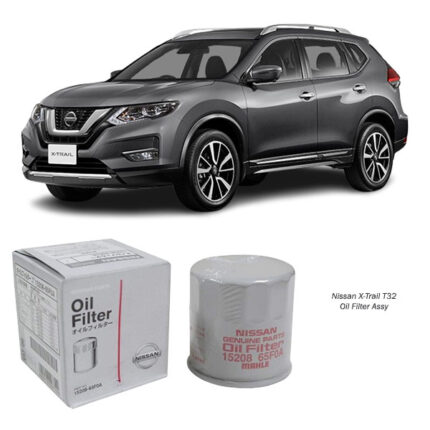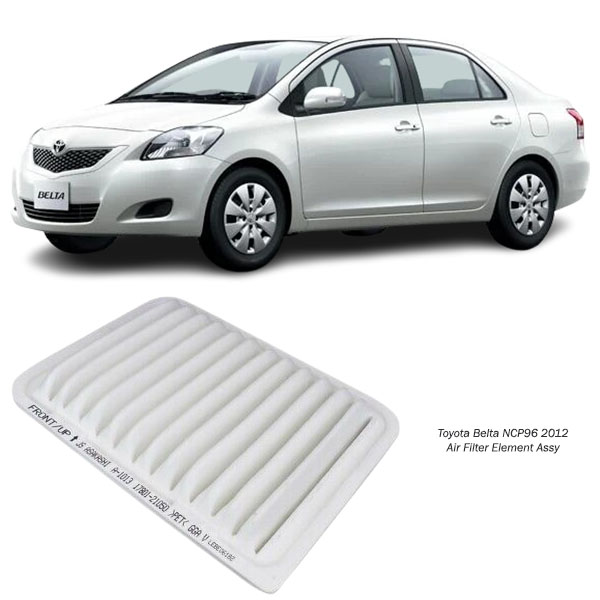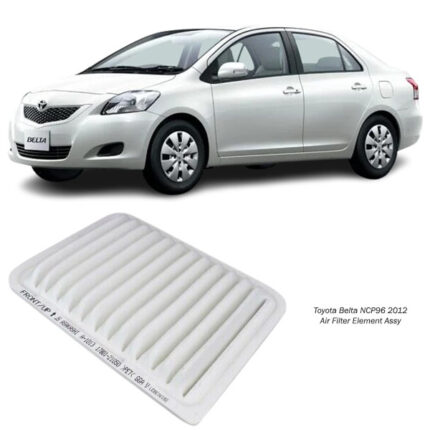-14%
Get Toyota Belta NCP96 2012 Air Filter Element Assy 17801-21050 in Kenya
An Air Filter Element Assembly is a critical component in a vehicle’s intake system, responsible for filtering out dust, dirt, debris, and other contaminants before air enters the engine.
A clean air filter ensures that the engine gets pure, unrestricted airflow, which improves performance, fuel efficiency, and engine longevity.
Why is the Air Filter Important?
Prevents dust, debris, and contaminants from entering the engine.
Improves air-to-fuel ratio, enhancing engine performance.
Helps in fuel efficiency, reducing fuel consumption.
Reduces engine wear and tear, prolonging engine life.
Ensures optimal combustion, minimizing emissions.
2. How Does the Air Filter Element Assembly Work?
The Air Filter Element Assembly is located inside the air intake system, usually in a plastic housing near the engine.
Step-by-Step Functioning of an Air Filter
Air Intake: The engine sucks in air through the intake system.
Filtration: The air passes through the air filter element, trapping contaminants.
Clean Air Flow: Only clean air enters the combustion chamber, mixing with fuel.
Combustion: The purified air-fuel mixture ignites, powering the engine efficiently.
A dirty or clogged air filter restricts airflow, causing the engine to work harder and burn more fuel.
3. Types of Air Filters Used in Vehicles
Different air filters are designed for specific vehicle needs.
1. Paper Air Filters
Most common in passenger vehicles.
Made from pleated cellulose fibers.
Cheap but requires frequent replacement.
2. Foam Air Filters
Used in off-road vehicles, motorcycles, and ATVs.
Highly effective in dusty environments.
Requires oil treatment to improve filtration.
3. Cotton Gauze Air Filters
Used in performance vehicles (like K&N filters).
Reusable and washable.
Allows better airflow, improving horsepower.
4. Carbon-Activated Air Filters
Found in premium and hybrid vehicles.
Absorbs pollutants, odors, and harmful gases.
5. Synthetic Air Filters
Made from polyester or fiberglass.
Offers better durability and longer lifespan.
Ideal for high-performance and racing cars.
4. Signs of a Dirty or Failing Air Filter
A clogged air filter can significantly impact engine performance and efficiency. Watch out for these warning signs:
1. Reduced Fuel Efficiency
A dirty filter reduces airflow, making the engine burn more fuel.
2. Poor Acceleration
Restricted airflow limits power output, making acceleration sluggish.
3. Black Smoke from Exhaust
Insufficient oxygen in combustion leads to rich fuel mixture, causing black smoke.
4. Engine Misfires or Rough Idling
Dirty filters can lead to unburned fuel, causing misfires.
5. Unusual Engine Sounds
Whistling or coughing noises indicate airflow restriction.
6. Check Engine Light
A clogged air filter can trigger the Check Engine Light (CEL).
Ignoring these signs can lead to severe engine damage and costly repairs.
5. How Often Should You Replace an Air Filter?
The replacement frequency depends on driving conditions and vehicle recommendations.
1. Normal Driving Conditions
Replace every 15,000 – 30,000 km or once a year.
2. Harsh Driving Conditions (Dusty or Off-Road)
Replace every 10,000 – 15,000 km for better protection.
3. High-Performance Vehicles
Reusable air filters should be cleaned every 8,000 – 12,000 km.
Check your owner’s manual for exact recommendations!
6. How to Check & Replace an Air Filter (DIY Guide)
Replacing an air filter is one of the easiest DIY maintenance tasks.
Tools Needed
New air filter
Screwdriver (if required)
Clean cloth
Step-by-Step Guide
Locate the Air Filter Housing – Typically a black plastic box near the engine.
Open the Housing – Use clips or screws to open it.
Remove the Old Air Filter – Check for dirt, dust, and debris.
Clean the Housing – Use a cloth to remove loose dust.
Insert the New Air Filter – Make sure it fits securely and evenly.
Close the Housing – Reattach clips or screws.
Pro Tip: If using a reusable air filter, clean it with compressed air or mild soap and water.
Choosing the right air filter ensures optimal performance and longevity for your engine.
8. How Air Filters Impact Engine Performance & Fuel Efficiency
A clean air filter helps maintain the perfect air-to-fuel ratio, leading to:
Smooth acceleration & power delivery.
Lower fuel consumption (up to 10% better MPG).
Reduced emissions and cleaner combustion.
Longer engine life due to less wear.
A simple air filter replacement can improve your car’s performance instantly!
10. Final Verdict: Is an Air Filter Replacement Worth It?
Yes! Replacing your air filter regularly is a simple, low-cost maintenance task that delivers significant benefits:
Increases engine lifespan.
Improves fuel economy.
Enhances performance & acceleration.
Reduces harmful emissions.
Follow us on Facebook for more parts.




